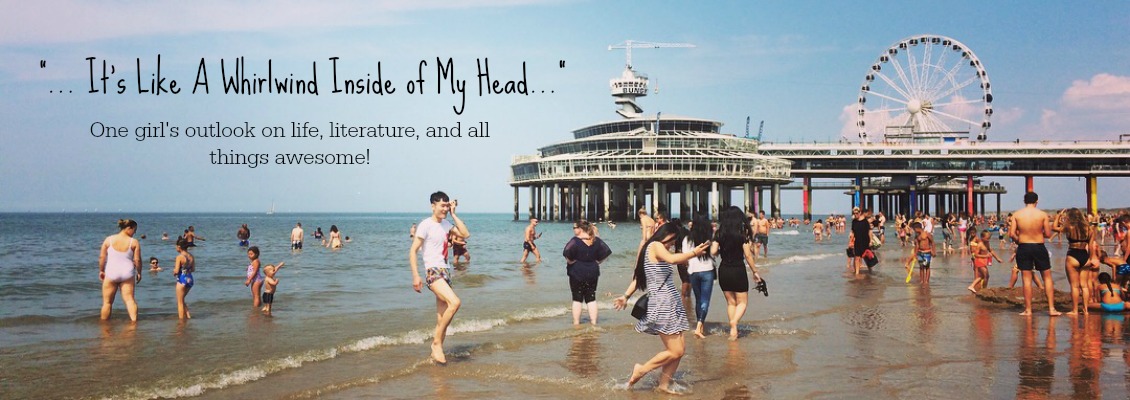"Jean-Paul Sartre, philosopher, critic, novelist and dramatist, holds a position of singular eminence in the world of French letters. Among readers and critics familiar with the whole of Sartre's work, it is generally recognized that his earliest novel, La Nausee (first published in 1938), is his finest and most significant. It is unquestionably a key novel of the Twentieth Century and a landmark in Existentialist fiction.
Nausea is the story of Antoine Roquentin, a French writer who is horrified at his own existence. In impressionistic, diary form he ruthlessly catalogues his every feeling of nausea which 'spreads at the bottom of the viscous puddle, at the bottom of our time-- the time of purple suspenders and broken chair seats; it is made of wide, soft instants, spreading at the edge, like an oil stain.' Roquentin's efforts to come to terms with life, his philosophical and psychological struggles, give Sartre the opportunity to dramatize the tenets of his Existentialist creed."
This is one of the books that I read for my Philosophic Themes in Literature class. Because this is a philosophy class, we talk a lot about life and death. Boy were these big themes...
I have to say, this is a pretty exhausting book. It feels like Roquentin does a lot of whining and lamenting about the world, how our lives are just a random happenstance and we have no hope of truly mattering in this world. How's that for an uplifting take-away as we come into the New Year?
The good news is that this is only a perspective and not necessarily a universal truth.
Even though this was an exhausting read, I did find that I liked reading this book. I think it was the imagery and the way the main character, Roquentin, made relate-able observances. For example, when his ex-girlfriend tried to create perfect moments and then those moments felt bad and incomplete. Another time was that frustrating moment when we realize that perfection isn't possible for us, even though we want it so badly and shoot for it so often.
I would recommend that if you're interested in reading this book that you're prepared for a dense read. It's good, but you'll more than likely need time to sit with it afterwards.
I give 'Nausea':
Thanks for Reading!
--Jude



I really enjoyed this, but I think you're right to say people should be prepared for a dense read. It helps to have some sort of grounding Sartre's philosophy, I think, but Roquentin's general melancholy is enough to make it a fairly heavy read anyway.
ReplyDeleteMy review: Nausea by Jean-Paul Sartre